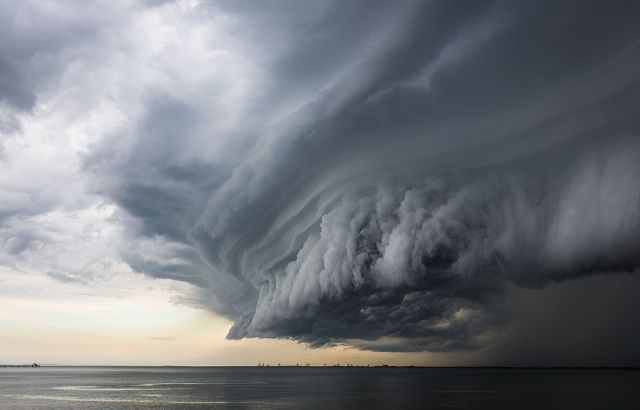GDP growth across Europe reached 5% in 2021, but there remains some clouds on the horizon, according to the EC’s latest Financial Sustainability Report 2021.
The two-volume report, released earlier this week, said that successful vaccination campaigns and decisive public policy support had boosted and ‘closed the gap’ with pre-pandemic output levels. But there are, said the EC, ‘exceptional certainties and downside risks’ that ‘loom ahead’.
In its executive summary, the EC wrote: “After a severe recession in 2020 prompted by an unprecedented pandemic, the EU economy strongly rebounded in 2021, with a GDP growth rate of 5%, higher than expected in earlier Commission forecast. This vigorous rebound was largely driven by the successful vaccination campaigns in many EU countries, allowing a progressive easing of restrictions since last spring. In early November, economic activity in the EU was projected to expand solidly in 2022, notably supported by the full deployment of the Recovery and Resilience Facility (RRF). In 2023, real GDP growth was expected to remain robust at 2.5%. Thanks to the strong and well-coordinated EU crisis response, the damage to the EU economy so far appears considerably less than initially feared.”
The EC said, despite the good news, Russia’s invasion of Ukraine has increased risks around the economic outlook.
The EC wrote: “Specifically, the strength of the recovery remains dependent on future developments related to the Covid-19 and, importantly, to the geopolitical situation. Amid high uncertainty, economic risks notably relate to the aggravating and protracted supply constraints and bottlenecks, as well as surging energy and food prices constraining growth and fuelling inflationary pressures.”
As we were putting this story together, Russia announced it was cutting gas supplies to certain European states, a move that was met with condemnation from the EU, which called it ‘blackmail’.
According to Reuters, Russia suspended gas supplies this week to Bulgaria and Poland on the grounds that they refused to pay in roubles.
“Germany,” wrote Reuters, “the biggest buyer of Russian energy, hopes to stop importing Russian oil within days but warned that a Russian energy embargo or blockade would tip Europe’s largest economy into recession.”
Meanwhile, The Kyiv Independent reported that Ukrainian president Volodymyr Zelensky said in his daily address that Russia was trying to provoke a global price crisis.







